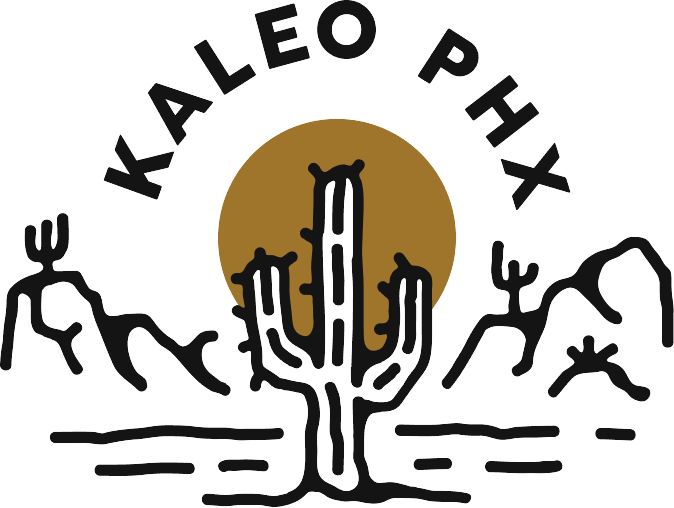For much of my life I have been privy to a particular narrative about why Jesus died on a cross. To be fair, it is a dominant narrative and because it is all I have encountered does not mean it lacks validity. The narrative is this: Jesus died on a cross to save me from my sin.
Let me set this straight up front, I am thankful for Jesus and His willingness to die, to be crucified, to suffer. I am thankful for His life-saving, self-emptying love. I am thankful that Jesus died on a cross… for me.
However, allow me to share my reflection during Good Friday in the isolated world of a pandemic:
Jesus is not just for me. This is not a revolutionary statement by any means and you might be rolling your eyes at how obvious it is, but please hear me out. The crucifixion of Jesus Christ is salvific, even in my isolated individuality, and yet… what if the whole of the crucifixion is not for me?
What if Jesus, in His suffering at the hands of systemic oppression (political, religious, economic, etc), was not just dying for me? Or to say it another way, the death of Jesus on a cross while experiencing the boot of holistic oppression is not something I can relate to. Simply put, I am privileged. I am a white, well-educated, middle class man. I have not been oppressed.
But Jesus died on the cross suffering under oppression and that experience, that death, is not about me.

Jesus always intended, from the moment He showed up on the scene, to be WITH the oppressed and disinherited. To bring them Good News and to set them free. And if it wasn’t clear from the beginning of His life, He made it clear at the beginning of His earthly ministry,
“The Spirit of the Lord is upon me, for he has anointed me to bring Good News to the poor. He has sent me to proclaim that captives will be released, that the blind will see, that the oppressed will be set free, and that the time of the Lord’s favor has come.” (Luke 4:18–19)
Things do not magically change on the cross. We witness the same Jesus, dying to save those He came to liberate, to heal suffering as He suffers. And this part of the crucifixion, Jesus dying at the hands of the oppressor, is not about me.
Yet, being the Revolutionary that He is, Jesus did still die for me and all the oppressors who are also victims of the oppressive systems of that time and this time and the times to come.
For me, a privileged person, I have long missed (or maybe forgotten) the fullness of how and why Jesus died. In making it solely about me and my individual sin, I was prone to miss how Jesus willingly died under oppression to give salvation to the oppressed. Jesus is so indescribably upside-down and subversive that His death simultaneously frees the oppressors too.
While hanging from the cross, Jesus reveals to the oppressed and oppressor alike… we are all powerless to save ourselves. And on some days, this is the most subversive part of the crucifixion: Jesus with His arms spread wide to bring together all ends of the power structures we’ve created. His death reveals that not only do we need Jesus to save us, as individuals, but we need Jesus to save us… together.
When this narrative comes to us in living color I find that the inclusive view of the crucifixion grants restored meaning to those of us, like me, who have been unwittingly participating in oppression. Jesus and His death on a cross means all of us are saved and liberated, right now. And perhaps, in stunning fashion, it restores meaning for those who know oppression too.
Because what is more scandalous than being saved side by side with those who have been killing you?

